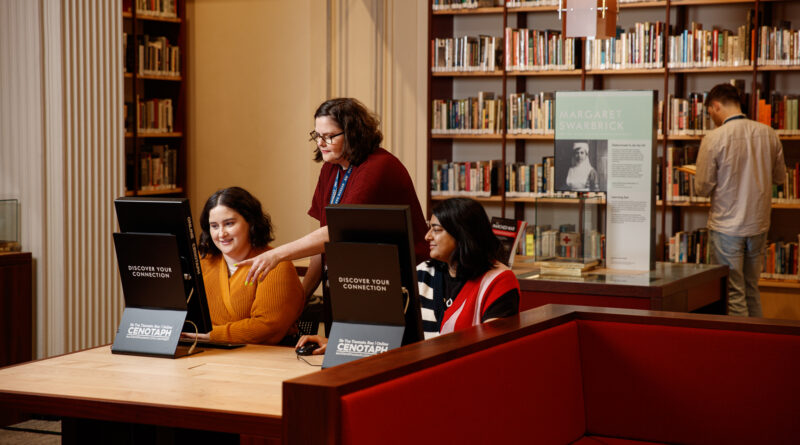Introduction: Information Matters Special Issue on Collaborative Interpretation
Collaboration on the interpretation and analysis of texts, images, artifacts, qualitative data, and other recorded information is fundamental to knowledge production in many disciplines. However, collaborators may have different goals, work routines, research paradigms and methodologies, background knowledge, and more. Scholars have documented a range of challenges for successful collaborations, whether stemming from the mode of collaboration, differences in disciplinary perspectives and goals, or the need to establish common ground and find effective modes of communication. This special issue explores some of those challenges and through 10 articles showcases how collaborative interpretation happens, how existing knowledge infrastructures can and should support it, and how diverse individual perspectives come together during collaborative interpretation.
Read More














